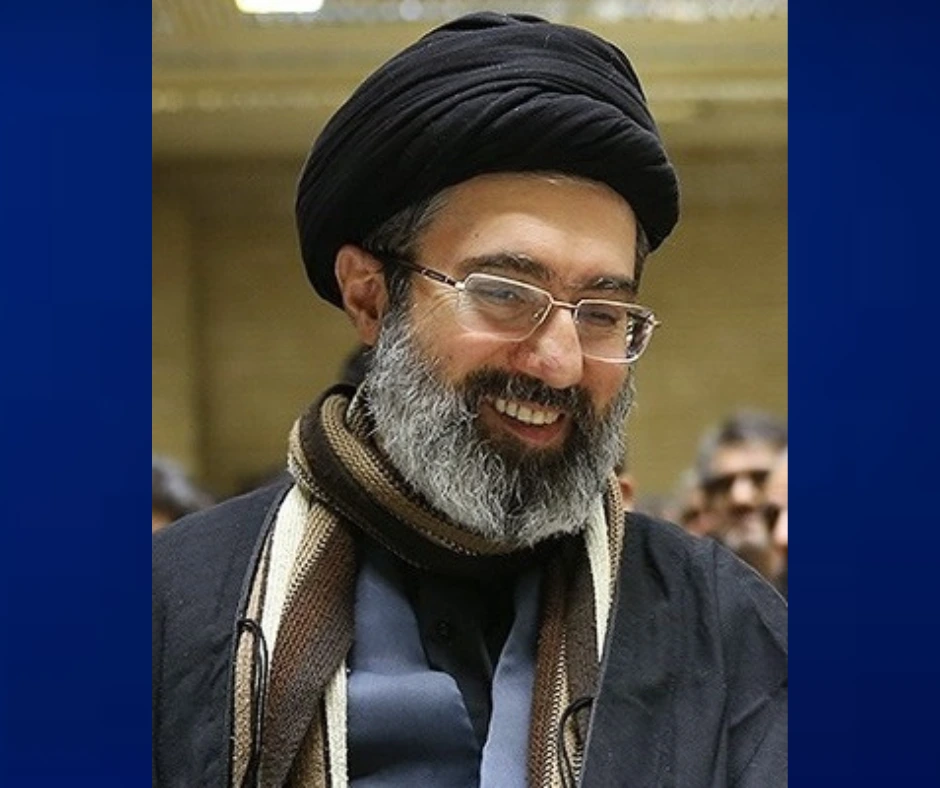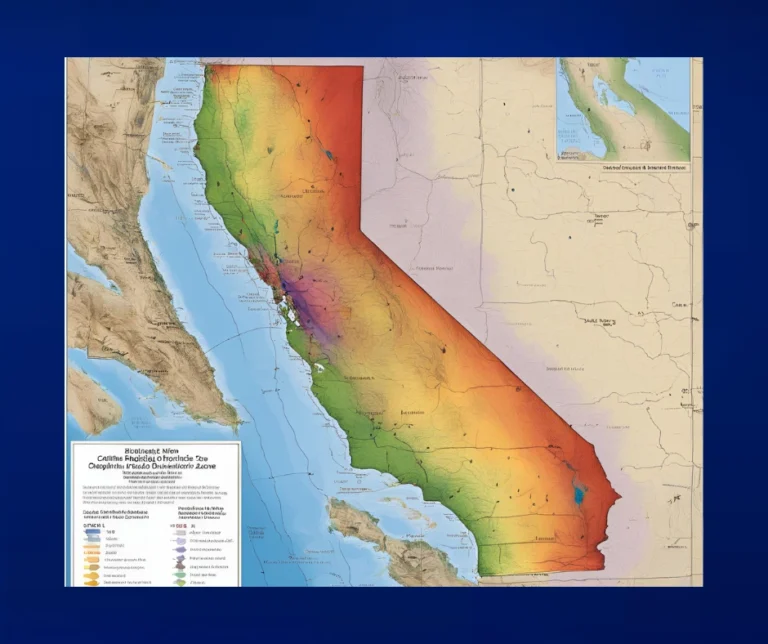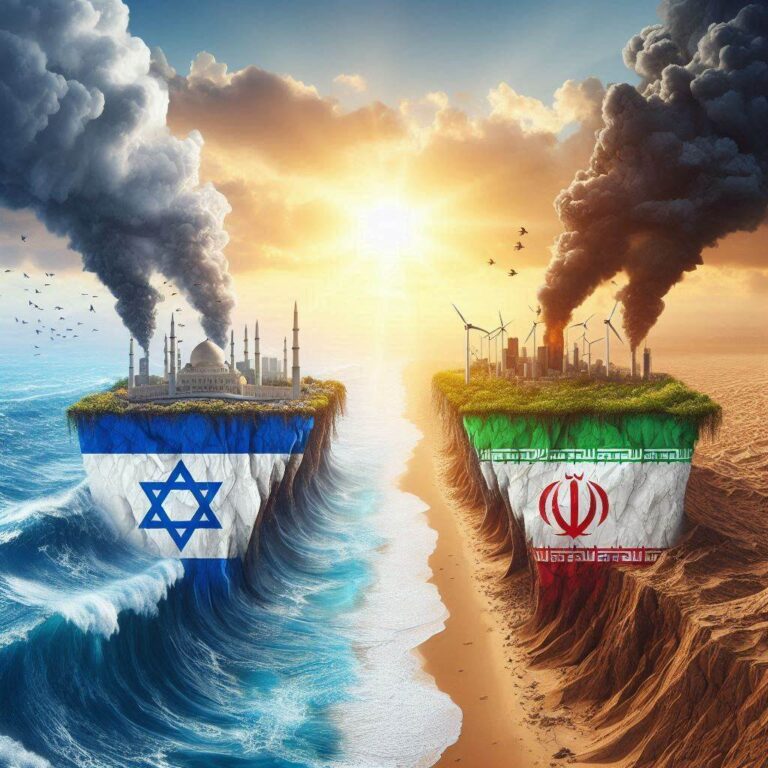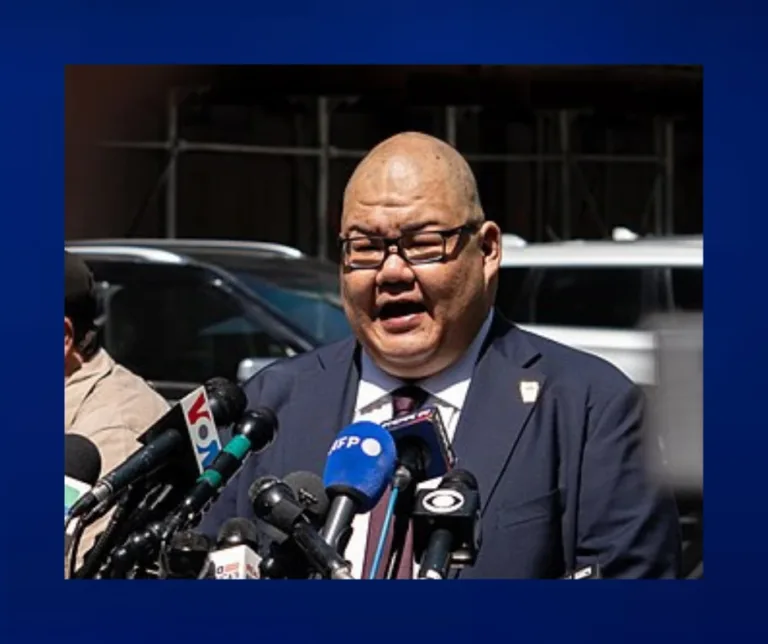
Ali Khamenei’s Son Mojtaba - Iran's New Ruler
Iran’s Leadership Transition
Iran’s Supreme Leader, Ali Khamenei, reportedly selected his son, Mojtaba, as his successor, according to a clandestine meeting of the Assembly of Experts. This decision, thought to be influenced by Khamenei’s deteriorating health, was made under significant pressure and kept under wraps to mitigate public reaction. This information was reported by the Israeli media outlet Ynet News, citing a piece by Iran International. The Iran successor plans will likely influence the nation’s political future significantly.
The Secret Meeting and Its Implications
The secret assembly took place on September 26 at the behest of the 85-year-old Khamenei, who is grappling with health issues, as reports suggest he might be in a coma. The 60-member body reportedly faced intense pressure to arrive at a unanimous decision, with allegations of coercion from Khamenei and his representatives. The choice to keep the meeting confidential was attributed to fears of mass public protests, underscoring the regime’s efforts to maintain stringent control amid rising domestic and external challenges relating to Iran-Israel tensions.
The Mystery of Khamenei’s Whereabouts
Amid discussions on leadership, uncertainty looms over the question: Where is Khamenei? This enigma deepens as reports continue to conflict on whether Khamenei is gravely ill, deceased, or in a coma. With no definitive answers, the absence of clear information fuels a myriad of theories and opinions, exacerbating tensions within both political and public spheres. Speculation is rife that his sustained invisibility from public view could be a tactic to control the narrative while the regime orchestrates a new phase of leadership in Iran’s supreme office. This ambiguity impacts ongoing governance, with ripple effects that could redefine power dynamics, both within Iran and across its international engagements.
The veiled status of Khamenei has led to heightened concern not only about the current power vacuum but also about the potential implications for the country’s strategic policies. Analysts ponder whether this silence signifies a broader strategy to maintain an illusion of control amidst internal vulnerability.
Mojtaba Khamenei’s Growing Influence
Mojtaba Khamenei has been actively increasing his influence within the Iranian regime over the past two years. Despite his limited public appearances, he is known for his involvement in quelling the 2009 post-election protests. By 2021, he had earned the title of ayatollah, meeting the constitutional criteria needed to become the Supreme Leader of Iran. Reports suggest that Khamenei aims to pass power to Mojtaba during his lifetime to ensure a seamless Iran leadership transition and minimize opposition. Khamenei family influence has played a crucial role in shaping these events.
Increasing Public Scrutiny
Social media was abuzz with claims that the Supreme Leader had fallen into a coma, following a New York Times report in October indicating Khamenei’s serious illness. Despite the rumors, there has been no official acknowledgment from Iranian authorities concerning any advancements in his health condition. The Iranian government has not yet responded to these assertions, leaving much speculation over the truth of these Iran leadership rumors.
Anticipated Secrecy and Reactions
The report from Iran International underscores the assembly’s resolution to hush the decision, preempting a feared public backlash. Comprehensive secrecy was deemed critical, anticipating widespread disapproval from the populace. This has sparked a range of responses, with some advocates suggesting the need for electoral processes to determine the leadership, criticizing the power transition as an imposition of autocratic rule. The Khamenei successor announcement remains a focal point for both domestic and international discourse.
Q&A Section
Q: Why was the decision to appoint Mojtaba Khamenei as successor made in secret?
A: The decision was kept secret to avoid potential widespread public protests and backlash, as the regime aimed to maintain tight control amidst domestic and international pressures. Iran leadership secrecy has been pivotal to controlling the narrative.
Q: What are Mojtaba Khamenei’s qualifications for becoming the Supreme Leader?
A: Mojtaba Khamenei was awarded the title of ayatollah in 2021, meeting the constitutional requirements for the role of Supreme Leader, alongside his growing influence within the regime.
Q: How has the public responded to the reports of this leadership transition?
A: There has been significant public discourse, especially on social media, with concerns about transparency and calls for an electoral process, expressing discontent with the perceived autocratic imposition.
Meta Description: Mojtaba Khamenei is poised to succeed his father, Iran’s Supreme Leader, Ali Khamenei, following a secretive Assembly of Experts meeting, sparking widespread public and international discourse regarding Iran’s future leadership.


